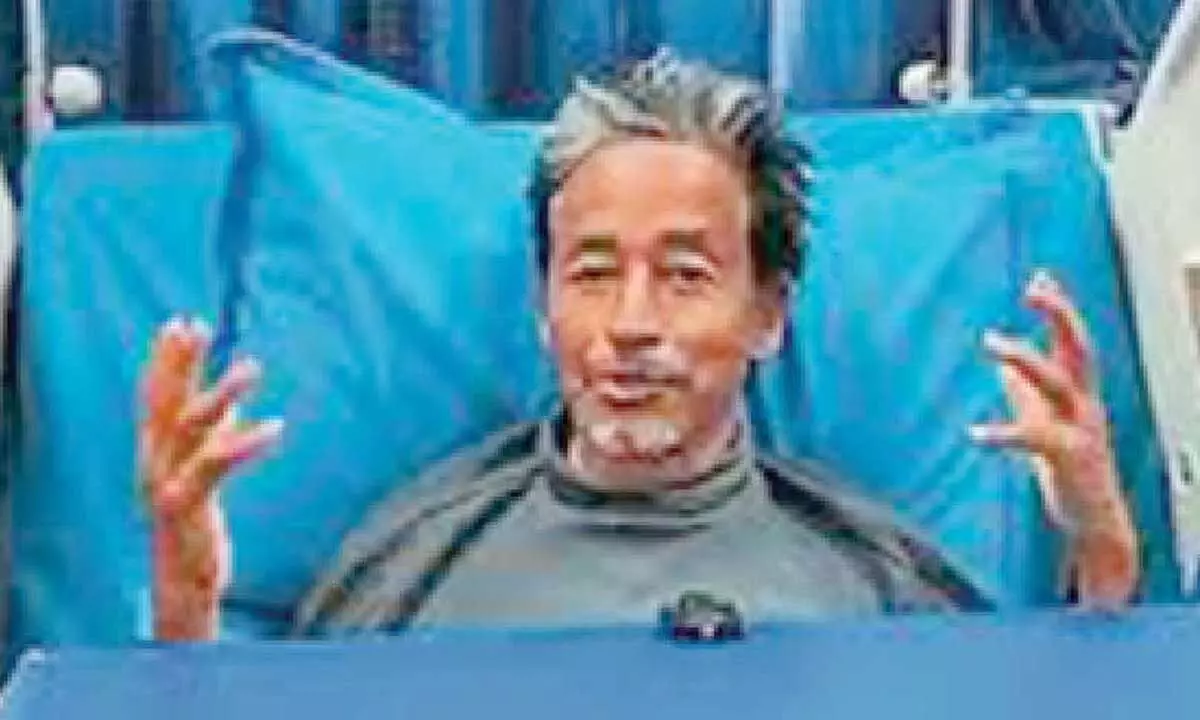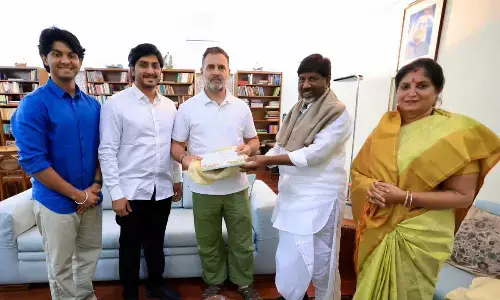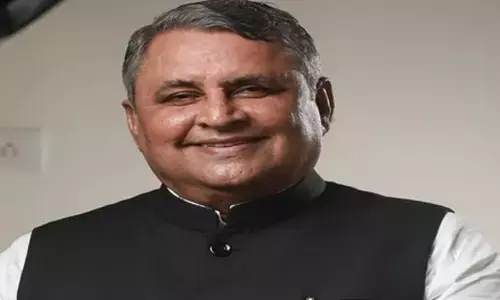Will go on 28-day fast from Aug 15: Sonam Wangchuk

Climate activist Soman Wangchuk announced on Sunday that he will launch another 28-day fast on Independence Day if the government does not invite Ladakh authorities for talks on demands for statehood and constitutional protection for the union territory.
New Delhi: Climate activist Soman Wangchuk announced on Sunday that he will launch another 28-day fast on Independence Day if the government does not invite Ladakh authorities for talks on demands for statehood and constitutional protection for the union territory. In an interview with PTI, Wangchuk said that the Apex Body, Leh (ABL), and the Kargil Democratic Alliance (KDA) from Ladakh submitted a memorandum of demands to Prime Minister Narendra Modi during his visit to Dras on the occasion of the 25th anniversary of the Kargil Vijay Diwas last week.
“We did not want to push the government too much during the elections; we were hopeful that the new government would take some concrete steps. If they do not heed our request, if they do not call us for talks, we will launch another round of protest from August 15,” he told PTI. In March, Wangchuk went on a 21-day fast, surviving only on salt and water, to demand statehood for Ladakh and its inclusion under the Sixth Schedule of the Constitution to help protect the ecologically fragile region from “greedy” industries. After the abrogation of Article 370, Ladakh became a separate union territory “without legislature”.
The Buddhist-dominated Leh district had long demanded union territory status due to alleged neglect by the erstwhile Jammu and Kashmir government. However, with the region now entirely administered by bureaucrats, many in Ladakh demand that the union territory be included in the Sixth Schedule, which provides for the formation of Autonomous District Councils (ADCs) with legislative, judicial and administrative autonomy within a state.
These councils administer areas under their jurisdiction, making laws on specific matters with the governor’s assent. They can establish village councils or courts for dispute resolution and manage facilities and services within their areas, including education and healthcare.
They also have the authority to impose taxes and regulate certain activities. Wangchuk had previously said that statehood and constitutional protection under the Sixth Schedule would not impact defence and national security-related projects in Ladakh.










